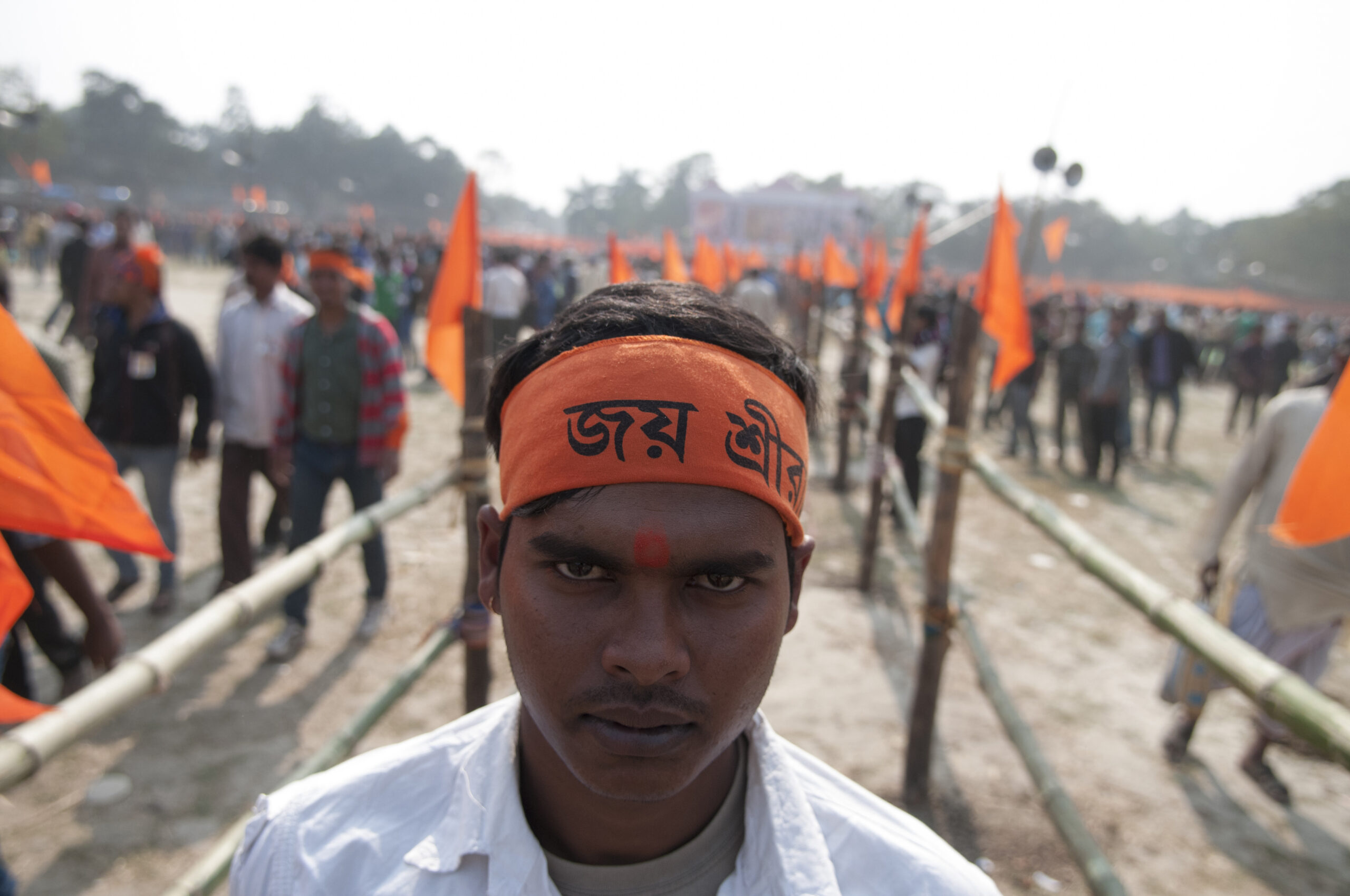
In the age of platform capitalism and rising unemployment, many young people use social media and other digital platforms as a means of income generation by creating content for global multimedia platforms, which, in turn, generate revenue through advertisements. In the age of digital capitalism, socially alienated young people also turn to digital social media platforms to expand their social lives and express themselves through songs, music, memes, comedy, journalism, reporting, political, social and cultural activism, and other forms of creative self-expression. These expressions sometimes take progressively creative and innovative forms but often reflect regressive thoughts on various issues. YouTuber Mr. Ranveer Allahbadia’s crass comments on parental sex during the India’s Got Latent roast show are not only perverse but also highlight a deeper contradiction within Indian society. This is a society that produced the Kamasutra, Khajuraho, and Konark yet continues to repress unwitty views on dark sexual fantasies in the name of Indian culture. The reactionary Hindutva brigade is now up in arms, seeking to punish Mr. Allahbadia in the name of protecting Indian culture and the family system. However, the same individual was previously awarded by Prime Minister Narendra Modi, who has himself leveraged youth-driven platforms to promote his image, ideology and politics.
Is Mr. Allahbadia’s episode a diversionary tactic of Hindutva politics led by Mr. Modi? Is it a way for the BJP government to conceal its failures in foreign policy and the hollow budget that offers nothing to the working people of India? Is it an attempt to implement a corporate-driven budget that favours a select few Indian corporations? Could it be a way to obscure the American imperialist and inhuman treatment of Indian migrants and the Modi government’s failure to effectively address the U.S.’s approach to this humanitarian crisis? Hindutva politics and the Modi government have effectively leveraged public sentiment to shift the narrative, hiding their failures behind appeals to public morality, national unity, and the integrity of India. Is this episode yet another part of the Modi government’s strategy? These are questions for historians of contemporary politics to examine, in order to evaluate the causes, effects and conditions of the Hindutva narrative.
However, Mr. Ranveer Allahbadia’s vulgar, incestuous and regressive comments are not mere individual aberrations; they are a product of reactionary political leadership, exemplified by figures like Prime Minister Narendra Modi. His past remarks—such as referring to Muslims as “infiltrators” and “poppies” or calling Dr. Shashi Tharoor’s wife a “50 crore girlfriend”—are equally regressive. Hindutva politics has normalised and expanded regressive thoughts and rhetoric on a national scale, rallying public support even for incidents as disturbing as the Kathua rape case. From Assam Police to Mumbai Police, cases are being filed against Mr. Ranveer Allahbadia, despite his public acknowledgment of his mistake and formal apology. He stated, “My comment was not appropriate, and not even funny. Comedy is not my forte. I am just here to say sorry.” However, Hindutva poster boys like Prime Minister Narendra Modi have yet to acknowledge or apologise for their own crass remarks about Muslims and women. Mr. Modi is not alone; many Hindutva leaders believe in and share his reactionary ideas.
Indian culture is an organic amalgamation of thousands of cultures and subcultures, making Indian society and culture uniquely rich in the world. Unlike European multiculturalism, which is often state sponsored to serve the needs of capitalism in various forms, Indian multiculturalism has emerged organically through centuries of interaction among diverse cultural traditions. This has resulted in a secular, multicultural society where distinct cultures exist independently while also coexisting in solidarity.
Indian culture and family systems are not so fragile that it can be destroyed by social media celebrities and YouTubers. However, the real threat to India’s secular multiculturalism comes from the insular, Eurocentric ideology of Hindutva politics. This reactionary movement promotes a narrow vision of culture—centered on Hindu religion, Hindutva politics, and the Hindi language—in the name of nationalism and national unity. Such a political project endangers India’s cultural diversity, national unity, and the integrity of India as a unique nation-state.
In the larger scheme of things in philosophical praxis, the perversion in Mr. Ranveer Allahbadia’s comment is not merely deviant behaviour but a form of paraphilia in the form of an infantile manifestation of sexual perversion rooted in the Oedipus complex. This Freudian analogy of sexual behaviour has become a liberal consensus shaped by mass morality, which, in turn, provides the backdrop for the national outcry over moral policing of the youth in India today. The criminalisation of views on sexuality and the imposition of moral policing serves as tools for the domestication of young people and the reinforcement of a heteronormative, patriarchal sexual culture. This culture continues to repress sexuality to ensure the production and reproduction of children, whose inheritance of property aligns with the needs of capitalism. Thus, capitalist and patriarchal perversion function in tandem, aligning seamlessly with the sexual mass morality promoted by Hindutva politics.
Young people know how to recover from their own crises and mistakes. Domestication and criminalisation are neither viable options nor effective alternatives. Both are mechanisms of social control to uphold status quo. The struggle against all forms of sexual and other perversions is inherently a struggle against capitalism, patriarchy, and reactionary cultural and regressive religious politics, which impose mass morality to domesticate individuals, criminalise dissent, and repress desires. Therefore, rejecting Hindutva, mass morality, capitalism, and patriarchy is central to establishing a democratic and progressive society in India. Scientific education on sex, sexual freedom, and progressive values is the only alternative that can shape the future of young people in India.
